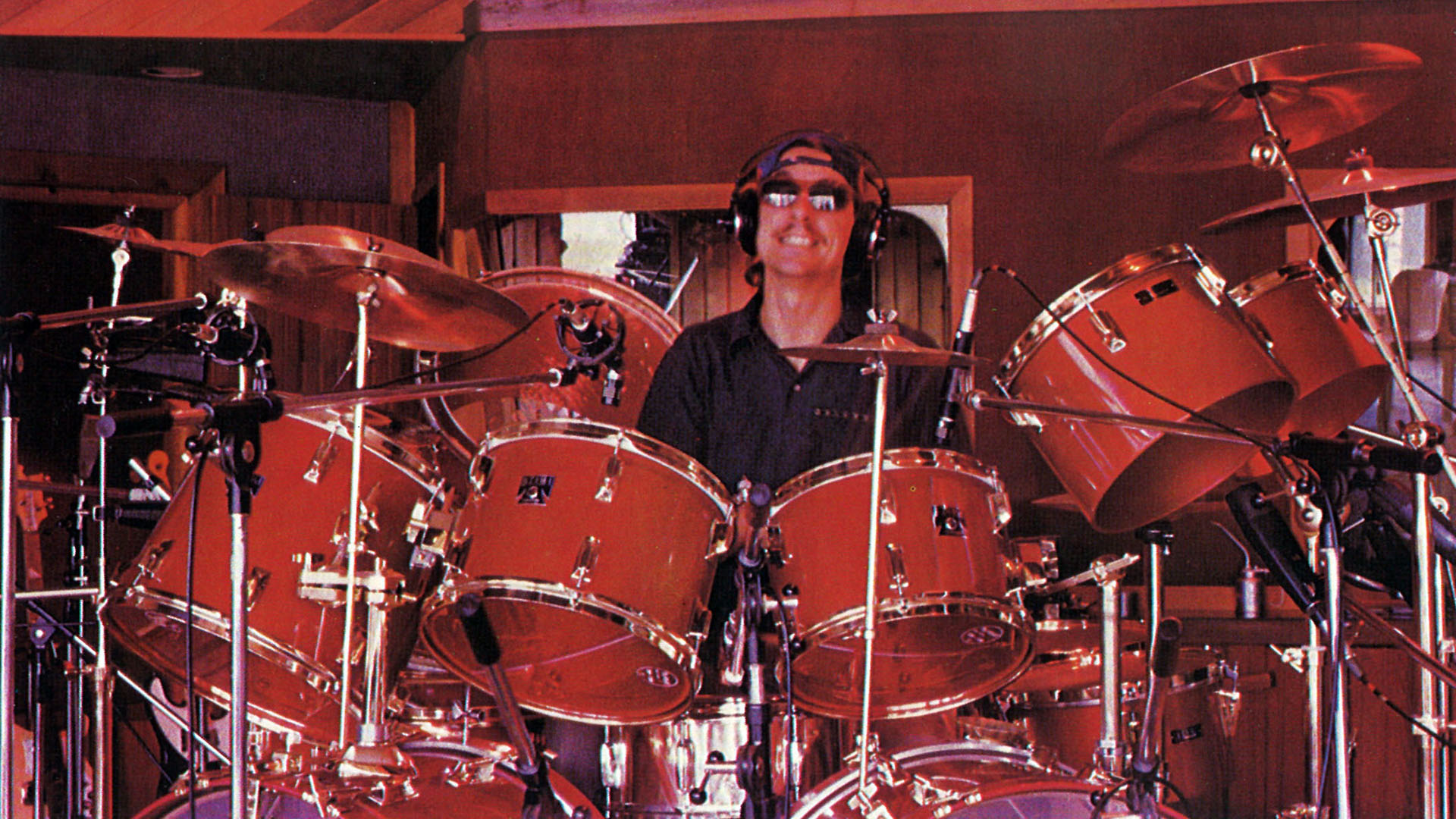'It Is Kind Of Embarrassing Getting This Attention' Rush Power Charity Drive
By Liam Lacey, Toronto Globe & Mail, November 15, 1982

Neil Peart, drummer and lyricist with the group Rush, is explaining the tribulations of noblesse oblige, specifically in connection with the band's upcoming benefit concert for the United Way. "Of course we have mixed feelings about doing this," he says, referring to the concert the band will offer on Wednesday, the third and final night of its three-night run at Maple Leaf Gardens.
His reservations have nothing to do with bringing between $150,000 and $200,000 dollars into the United Way's coffers: "One likes to do a nice thing, but it is kind of embarrassing getting this attention and trying to explain it. We've done charity things before but always in private. This time, it's being treated like a big thing. It shouldn't be forgotten that everyone else is coming along - including the Gardens and the unions - and aren't getting any credit." From its beginnings as a Toronto bar band in the early seventies, Rush's journey to respectability and acceptance has been a difficult one. In the mid-seventies, the band was probably one of the universally denounced groups on the planet by the musical press. Today, it is a commercial juggernaut that tops sales charts on both sides of the Atlantic, and has probably created more teenage devotees than any group since Led Zeppelin.
Poet Robert Priest mentioned recently that when he visits schools in the Poetry In The Schools program, Peart is often cited as students' favorite writer (his lyrics celebrate the ability of the individual to be victorious over the obstacles in his life). Specifically, Peart is a believer in the "objectivist" tenets of novelist-philosopher Ayn Rand, best known for her belief in the "virtue of selfishness." Is there a contradiction between selfishness as a virtue and giving away large sums of money to charity? "No, not at all," says Peart. "I think that, in a sense, this is our protest against the kind of gunpoint charity that seems to be prevalent these days. In my mind it definitely has a philosophical base. It's the basic atavistic individualism that must not be forgotten, and that individual action is the root of all we do, including giving. We're giving because we enjoy giving. I suppose from a cynical point of view, that could be construed as selfish, but I'm not a cynic so I wouldn't see it that way."
Another mark of Rush's growing mainstream acceptance is the band's first real hit single, New World Man, which was released this September. Before the current album, Signals, Rush had released about 20 singles without any substantial chart success. "Really the singles thing has been a standing joke with us. And if I'm enjoying the success of radio play, it's only in a humorous way. It's not something we're proud of especially. These little marks of legitimacy are something we laugh at. How can I respond when I hear my little sister is studying Rush lyrics at high school, or when the San Francisco Library Association writes me a letter asking me for my expert opinion on some subject. Me? A high school dropout?"
And as for the critics, Peart is magnanimous: "We reached financial independence several years ago - in 1976 with the 2112 album - and we haven't had to worry about anyone telling us what to do since then. We don't worry about the critics who obviously hate us, or those that are devoted. What's satisfying is seeing critics who once hated us changing their minds. I understand perfectly that there's nothing more rare than a critic who's willing to change his mind in print."